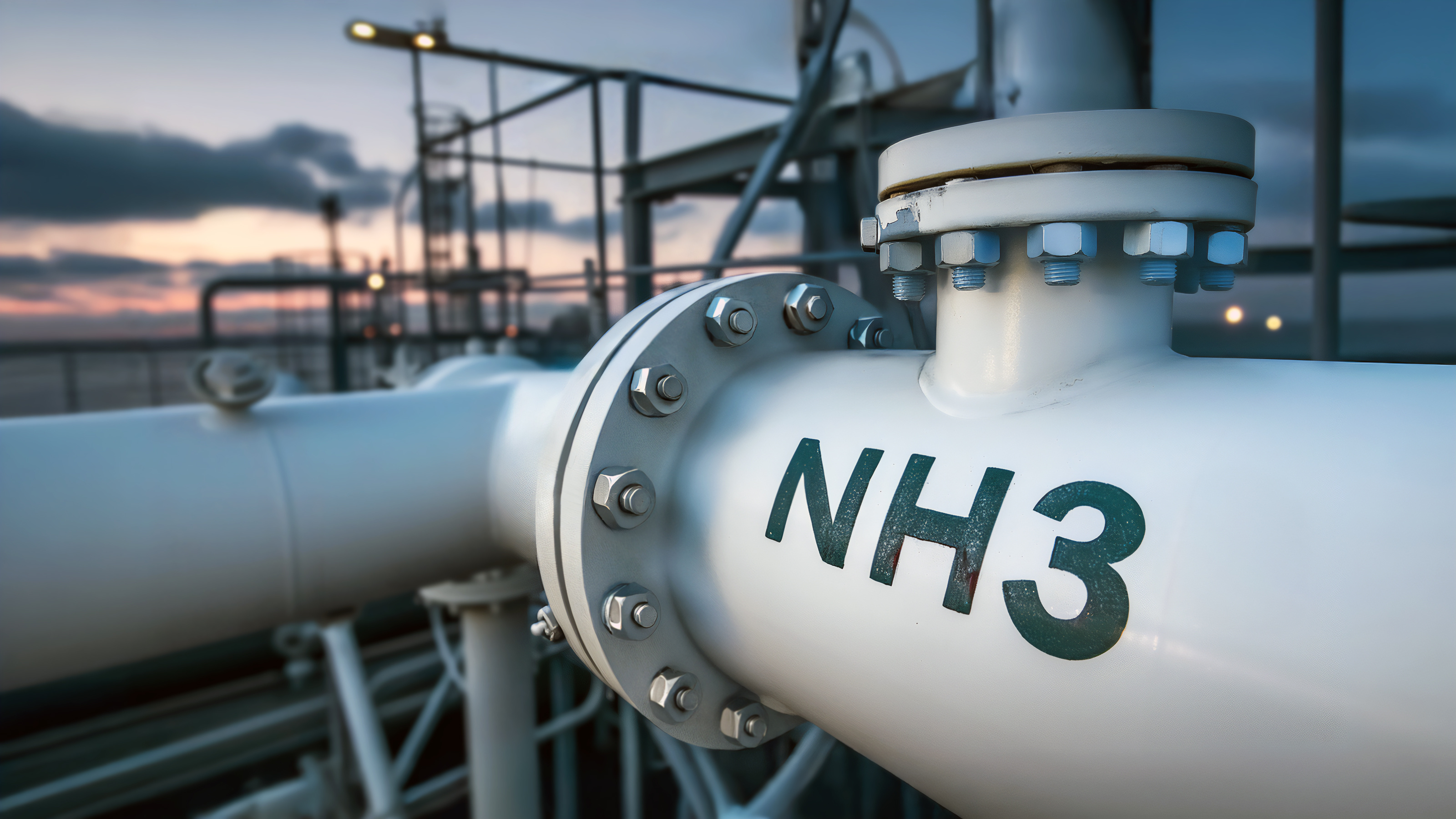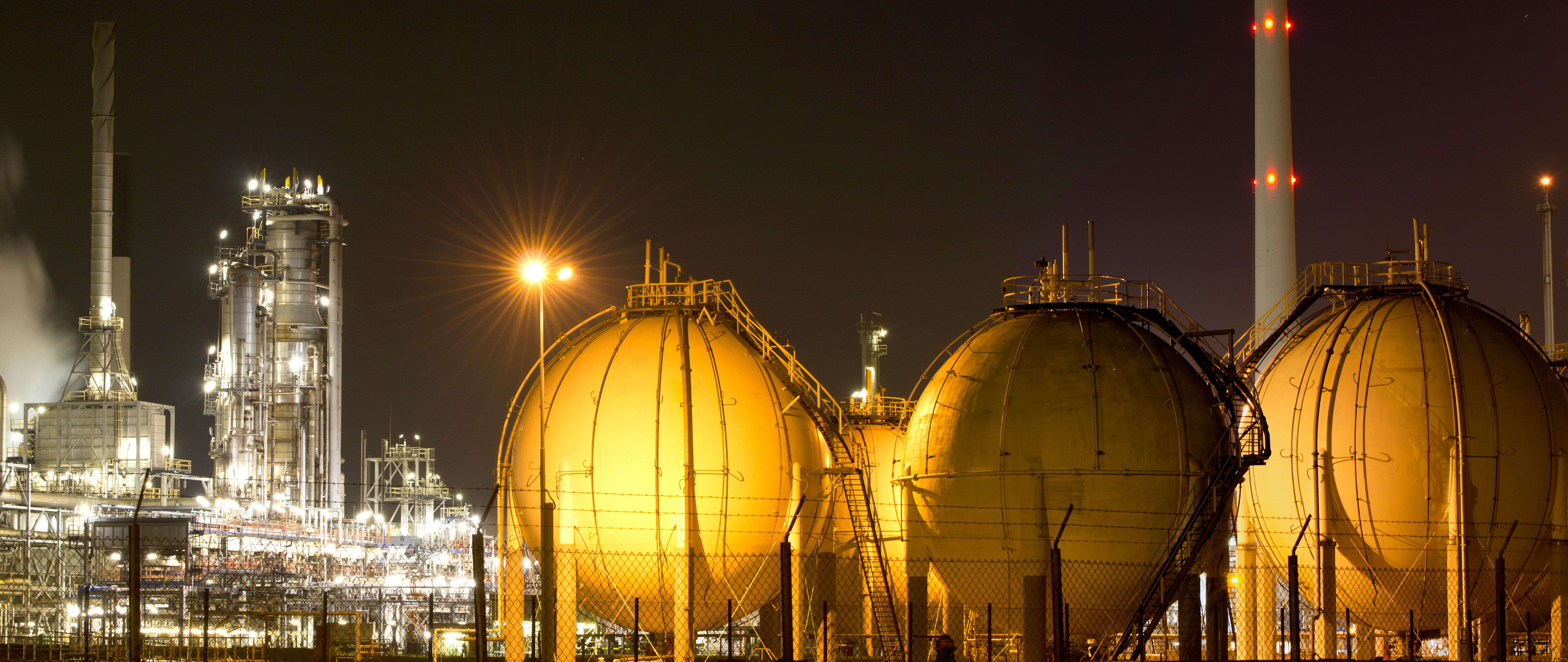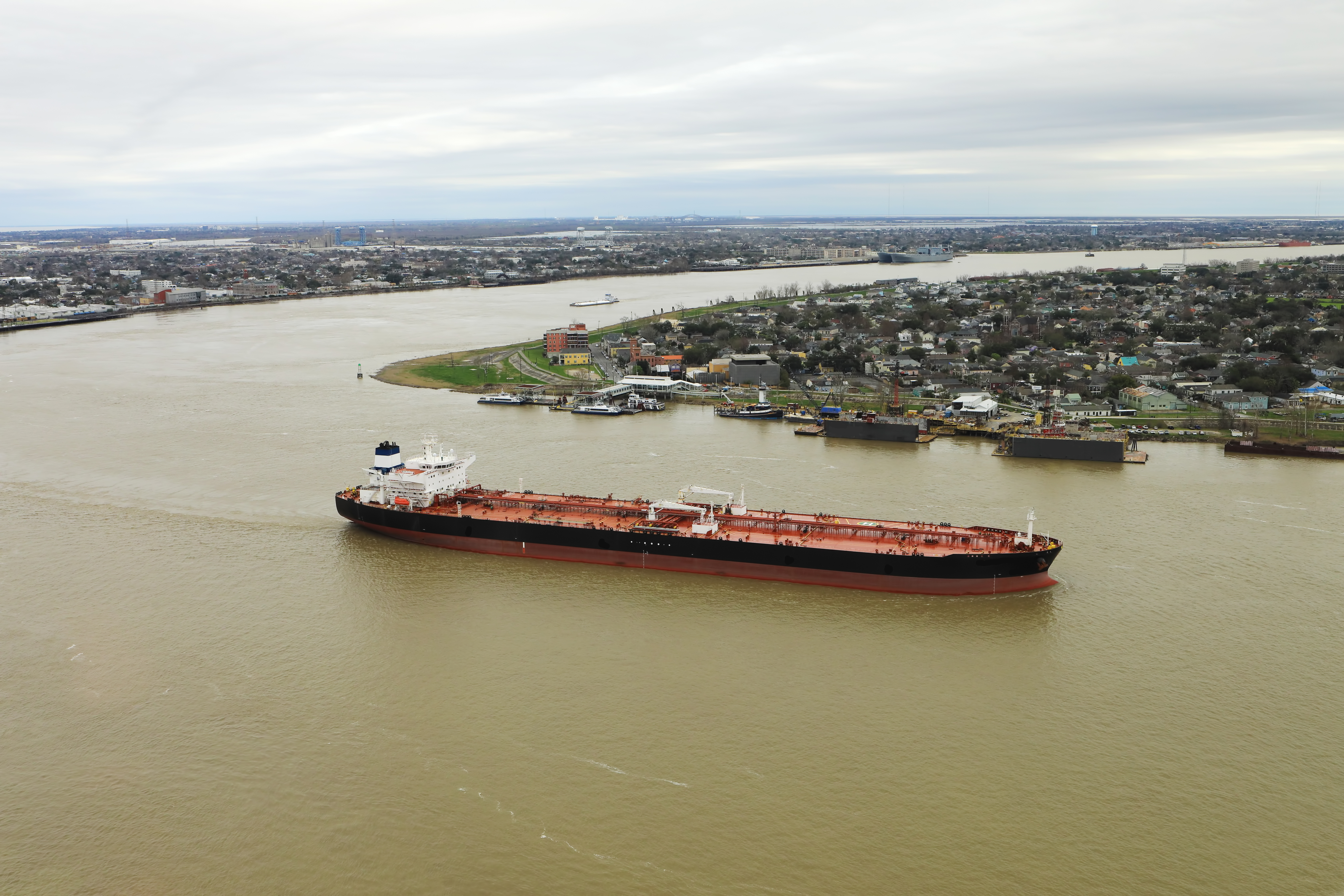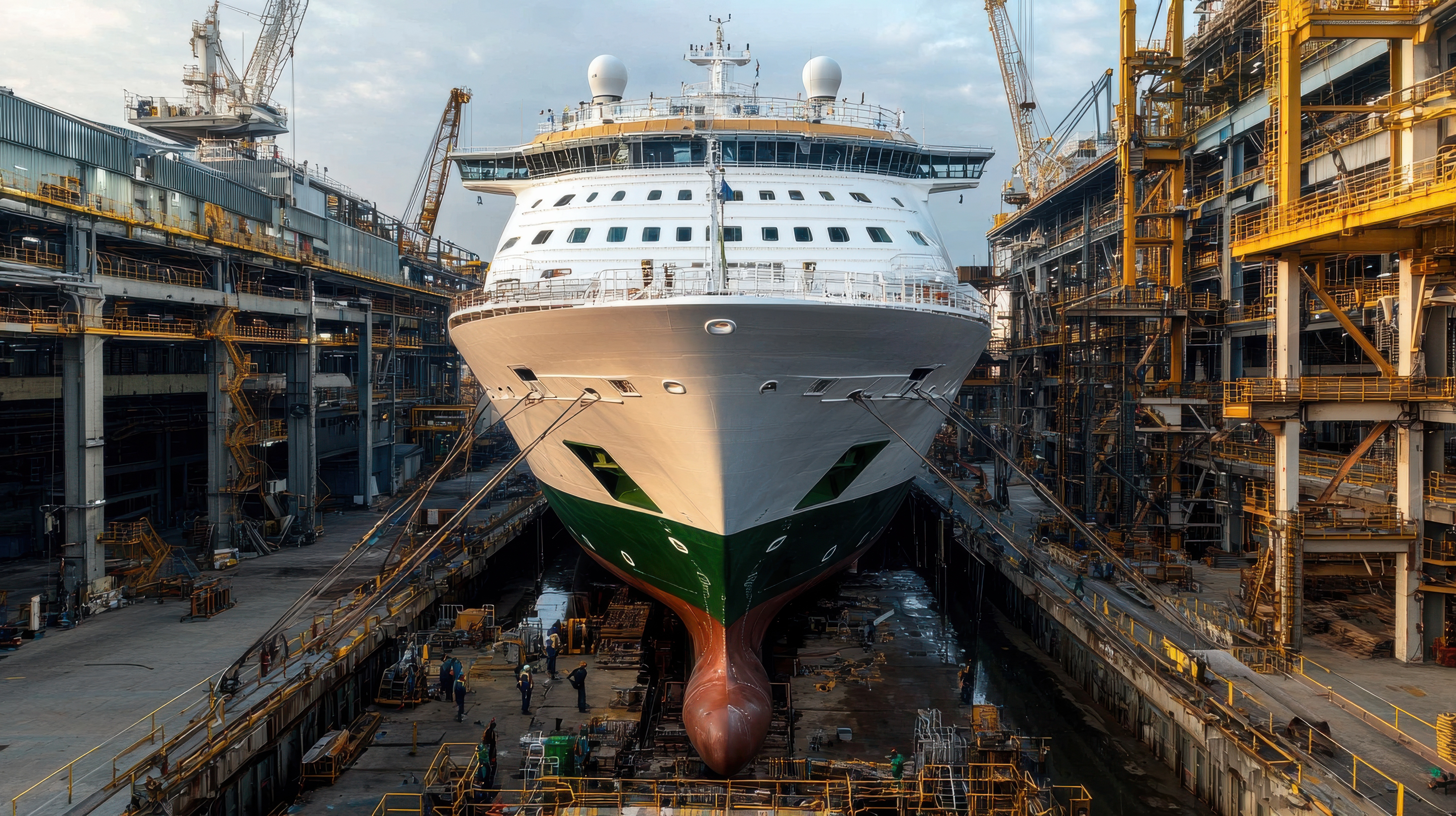
Introduction
COP28 took place in Dubai, United Arab Emirates (UAE), from 30 November to 12 December 2023, attended by representatives from over 200 parties to the UN Framework Convention on Climate Change (“Parties”).
This article provides a summary of the main outcomes from COP28 and an overview of its interaction with shipping.
COP28 - Context and Overview
The Parties (i.e. attending nation states) arrived at the conference having digested the sombre findings from the UN’s first Global Stocktake (“GST”), which had been published on 8 September 2023. The GST was prepared following a comprehensive overview of discussions from three technical dialogue meetings held to identify gaps, challenges and barriers to the implementation of the Paris Agreement. The report concluded that the Parties were not on track to meet the long-term goal of the Paris Agreement to limit global temperature increase within this century to 1.5°C above pre-industrial levels and that, in order to meet this goal, there was a need to triple renewable energy capacity and to double energy efficiency by 2030 on a global scale.
The GST now recommends a further reduction of GHG by 60% by 2035 compared with 2019 levels and for net zero CO2 emissions to be reached globally by 2050, the achievement of which would include accelerating efforts to phase-down unabated coal power, scale up renewable energy and phase out all unabated fossil fuels. Although the final text from COP28 did not include an agreement for the “phaseout” of oil, coal and gas, as many had called for, it did include an agreement to “transition away” from those fuels.
In addition, a loss and damage fund was agreed on the first day of COP28, ready to accept funding pledges from polluting nations, and a new Collective Qualitative Goal (NCQG) - a climate finance goal that will be informed by the needs and priorities of developing countries up to 2030 - was adopted.
Shipping and COP28
98.8% of the world fleet is still sailing on fossil fuels[1] and, although 21% of vessels on order will be operating on cleaner alternatives such as liquefied natural gas, methanol and hybrid technologies, it will still be an enormous challenge for shipping to transition away from fossil fuels.
Although shipping was not directly referenced in the text of the official COP28 agreement, the text did highlight the need for all sectors, including shipping, to accelerate “renewables, nuclear, abatement and removal technologies such as carbon capture and utilisation and storage, particularly in hard-to-abate sectors, and low-carbon hydrogen production.”
COP28 saw no fewer than 50 new or updated announcements from countries and private partners that further the goal of the Green Shipping Challenge, including commitments to develop green shipping corridors as well as the following specific initiatives:
Joint commitment to enable use of renewable hydrogen-derived shipping fuel this decade
Thirty leaders in the shipping sectors – including cargo owners, ship operators, ports, bunkering companies, and equipment manufacturers – signed a Joint Commitment, organized by the UN High Level Champions and RMI, to enable the use of renewable hydrogen-derived shipping fuel this decade, to meet maritime industry decarbonisation targets.
Joint declaration on ocean and climate action by Ocean Panel
Countries that make up the High Level Panel for a Sustainable Ocean Economy (Ocean Panel) collectively reiterated their firm commitment to achieve a sustainable ocean economy through100% sustainable management of their respective ocean areas. They have committed to do this through the expeditious development of Sustainable Ocean Plans for safeguarding the long term health and resilience of the ocean, and they urged all coastal and ocean states to join them in this endeavour.
Cargo Owners for Zero Emission Vessels (coZEV)
The Zero Emission Maritime Buyers Alliance (ZEMBA), an initiative of coZEV formed in March 2023, announced 10 additional company members bringing its total membership to over 35 freight buyers who all work together to drive ambition and action toward zero emissions ocean transport.
Financial support and finance from States and Non-State actors for Forests and the Ocean
COP28 Galvanises Finance and Global Unity for Forests and the Ocean
The COP28 Presidency and its partners presented a series of new and ambitious initiatives with an initial USD $1.7 billion of committed finance to simultaneously meet climate and biodiversity goals, emphasising the importance of protecting our natural ecosystems.
The press release is available to download below.
Next Steps
Under the Paris Agreement framework, the next set of Nationally Determined Contributions (NDCs) must be submitted by 2025, and these plans will need to be very ambitious indeed considering the conclusions of the GST. The next COP (COP29) will be hosted by Azerbaijan from 11-22 November 2024 .
Of more immediate interest, especially in shipping circles, will be the 81st session of the IMO’s Marine Environmental Protection Committee (“MEPC 81”), which will commence in London on 18 March 2024. This follows a very significant MEPC 80 in July 2023, at which the IMO adopted a revised GHG Strategy and updated its decarbonisation targets for shipping – please see the UK Club’s summary of MEPC 80 for more details.
The Club will continue to monitor and update Members on key developments in these areas.





